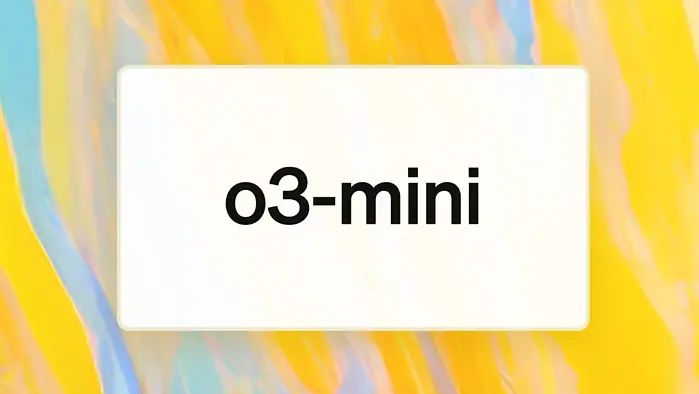OpenAI teases a model even smaller than the o3-mini, but still so good that it needs to run on GPUs
That, or a "phone-sized" free AI model
Key notes
- OpenAI hints at a smaller o3-mini version that still requires GPUs for complex tasks.
- Sam Altman polled users about choosing a GPU-dependent model or a phone-sized one for OpenAI’s next open-source project.
- The o3-mini, available since January, is optimized for STEM tasks and supports file/image uploads.

OpenAI is hinting at a new version of the reasoning-excelling o3-mini that is relatively small in size compared to other advanced models but still requires the processing power of GPUs to run efficiently.
Sam Altman, OpenAI’s CEO, recently posted a poll on X to ask users whether OpenAI’s next open-source project should be the o3-mini-level model that is small but requires GPUs or the best possible model that can run on a phone.
Despite its smaller scale, we can make an educated guess that it’ll likely be powerful enough to perform complex tasks, which is why it can’t run on standard CPUs.
OpenAI has already made the o3-mini model available through ChatGPT and the API back in January. While it is more cost-efficient and faster than its predecessor, the o1-mini, you still need to run the o3-mini on GPYs to handle its computational demands and all.
The o3-mini model, optimized for STEM tasks like math, science, and coding, comes in different adjustable reasoning efforts (low, medium, high). It also supports file and image uploads on ChatGPT, although the rollout is uneven globally.
The news arrives amid OpenAI’s recent push for its upcoming GPT-4.5 and GPT-5 models, which will be launched in a matter of “weeks or months.” Once the models come, the AI chatbot will not use a model picker anymore to make a one-stop AI experience for all ChatGPT users.
Altman said that GPT-4.5, which will then simplify the company’s AI offerings on ChatGPT, is the closest thing we now have to artificial general intelligence (AGI).
Read our disclosure page to find out how can you help MSPoweruser sustain the editorial team Read more




User forum
0 messages